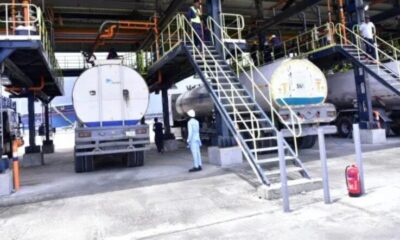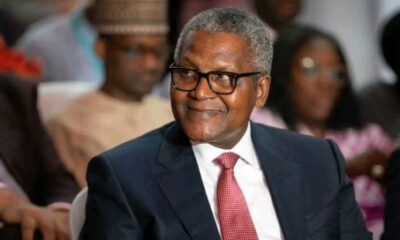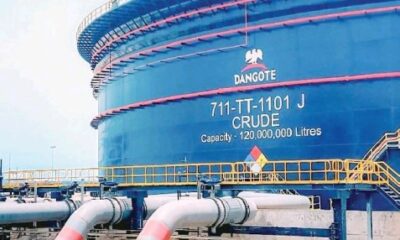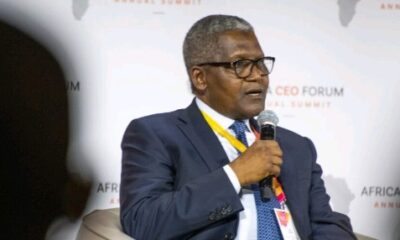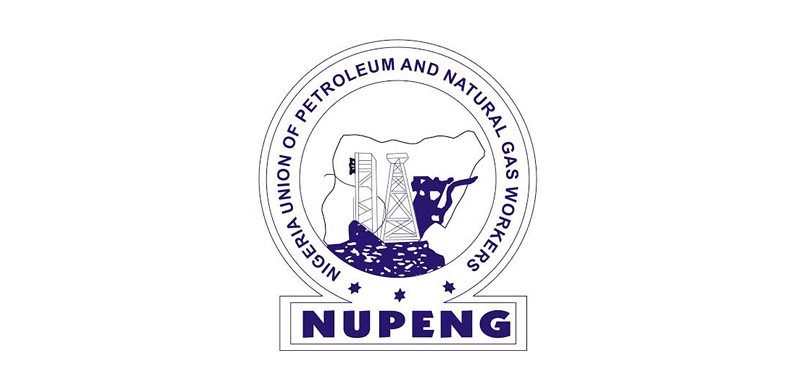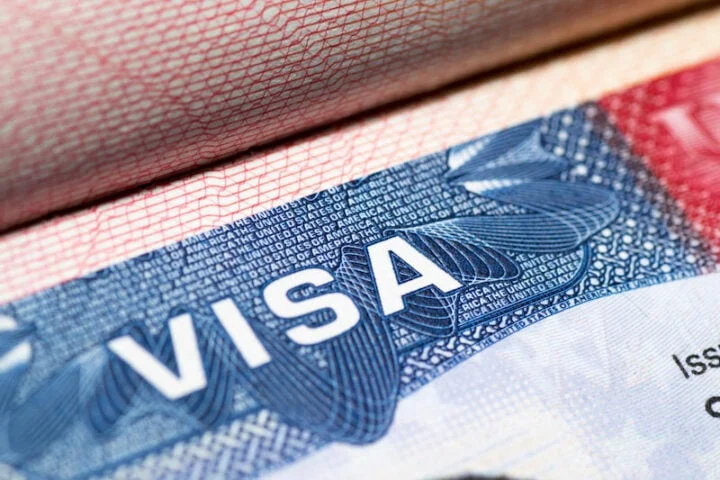The Nigeria Union of Petroleum and Natural Gas Workers on Sunday said it would proceed with its planned strike today (Monday) despite intervention by the Federal Government.
NUPENG President, Williams Akporeha, confirmed that the government had reached out to the union but maintained that the industrial action would continue pending the outcome of a meeting with officials later today.
The union had on Friday announced that its members would stop loading petroleum products nationwide from September 8, following the Dangote Petroleum Refinery’s plan to import 4,000 Compressed Natural Gas-powered trucks for direct distribution to retailers.
In a joint statement signed by Akporeha and the union’s General Secretary, Afolabi Olawale, NUPENG accused the refinery of anti-labour practices, including moves to bar newly recruited drivers from joining any union.
The union described the policy as a violation of constitutional provisions and international conventions on freedom of association. Previous appeals by NUPENG and the Nigerian Association of Road Transport Owners to Dangote to reconsider were reportedly ignored.
To avert the strike, the Minister of Labour and Employment, Muhammad Dingyadi, on Sunday summoned all parties to a conciliation meeting in Abuja. He appealed to NUPENG to suspend the action and urged the Nigeria Labour Congress to withdraw the “red alert” issued in solidarity.
Dingyadi warned that a shutdown in the petroleum sector would cause severe hardship and revenue losses, but assured that government would work toward a resolution acceptable to all sides.
Akporeha, however, told The PUNCH that there was no concrete offer yet from government and confirmed that the strike would commence as planned.
Petroleum marketers also declared support for the union, saying filling stations would close if tanker drivers downed tools. PETROAN President, Billy Gillis-Harry, said the strike posed a “looming danger” and announced a three-day suspension of lifting and dispensing products beginning Tuesday.
He warned that Dangote’s distribution strategy could force out private depot owners, modular refineries, and independent marketers, with widespread job losses and economic disruption.
NUPENG restated on Sunday that the strike would go ahead, dismissing claims by the Direct Trucking Company Drivers Association that it could not speak for tanker drivers. The union alleged that the association was created by the refinery to weaken its ranks.
Labour leaders, including Nigeria Labour Congress President Joe Ajaero, also condemned Dangote’s policy, describing it as “crude and dangerous”.
Human rights lawyer, Femi Falana (SAN), called on government agencies to stop what he described as anti-union and monopolistic practices, stressing that they contravened Nigeria’s constitution, labour laws, and international obligations.
Meanwhile, the Economic Rights Activists urged NUPENG and its allies to suspend the strike, warning that it would inflict hardship on ordinary Nigerians, hike transport fares and food prices, and threaten small businesses.
They appealed to the National Assembly and the Federal Government to intervene, while urging the refinery to address workers’ concerns through dialogue.
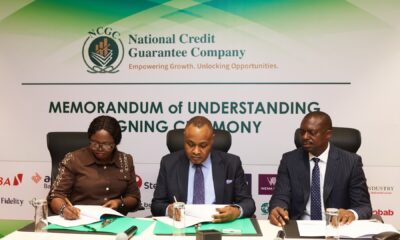
 BIG STORY3 days ago
BIG STORY3 days ago
 BIG STORY2 days ago
BIG STORY2 days ago
 BIG STORY5 days ago
BIG STORY5 days ago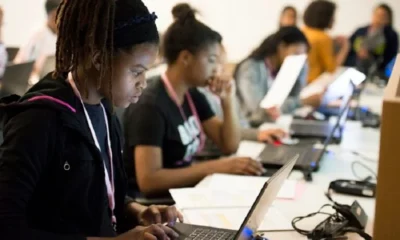
 BIG STORY5 days ago
BIG STORY5 days ago
 BIG STORY2 days ago
BIG STORY2 days ago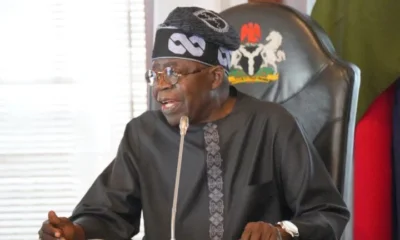
 BIG STORY4 days ago
BIG STORY4 days ago
 BIG STORY4 days ago
BIG STORY4 days ago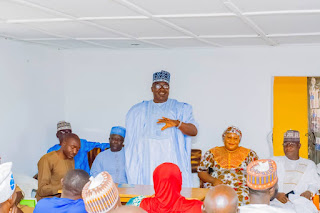
 BIG STORY2 days ago
BIG STORY2 days ago






